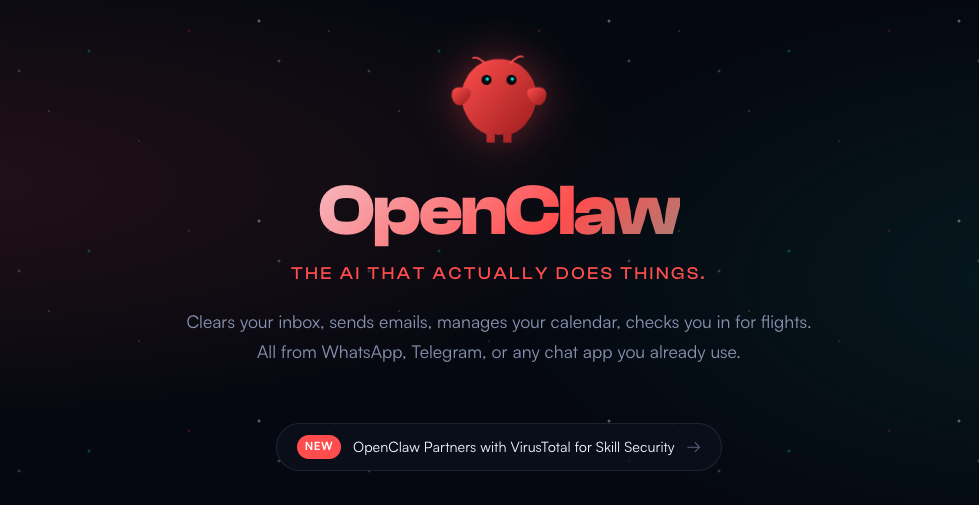Special Needs, Social Computing & The Digital Divide
Tools and ideas to transform education. Sign up below.
You are now subscribed
Your newsletter sign-up was successful
from Educators' eZine
Albert Einstein once said, "Computers are incredibly fast, accurate and stupid; humans are incredibly slow, inaccurate and brilliant; together they are powerful beyond imagination."
When most educators think of special education and technology, too often they think only of assistive and adaptive technologies. However, social computing plays an important role in the lives of many students with disabilities.
Social computing is the use of Information and Communication Technology (ICT) that supports social interaction and communication. Students with special needs today are blogging, podcasting, taking virtual field trips via Google Earth, locating friends via Global Positioning Systems using Geocache Navigator on cell phones, and even participating in Massive Multiplayer Online Role-Playing Games, or MMORPG, in which a large number of players interact with one another in a virtual world.
As such, isn't it time that educators consider the power of social computing for special needs students? For any naysayer, just let your imagination take you back to 100 years ago and think of what the life of Stephen Hawkins would have been like without technology. Now fast forward to the 21st Century and see the benefit of technology. ICT allows all of humanity to tap into the wonderful and fascinating mind of Stephen Hawkins. It also is a panoply that enriches the quality of life for students with special needs.
With that, it's important to keep in mind that the digital divide exists, and students with special needs are part of that divide. According to Enders & Bridges (2006) "More than 70% of people with disabilities are still on the wrong side of the divide." Therefore, it is paramount that teachers who work with students with special needs implement computing in the classroom to help in the efforts to bridge the digital divide.
Just think if Thomas Edison, who was said to have Attention Deficit Hyperactive Disorder, or ADHD, had access to the 21st Century technologies. Yes, he obviously fared well, but imagine if he had the technologies of today. Now, think of students today with special needs who may not have access. What brilliance is waiting out there that we haven't tapped into yet? What brilliance may be waiting for connection? Consider that access is a two way street. When one is denied access, then the world is denied access to that individual's mind. Thereby, the denial of access of even one person limits the perspectives of our global collective intelligence.
Tools and ideas to transform education. Sign up below.
Moreover, individuals with special needs often learn via pathways that may have not been considered by the main-stream population. In our turbulent world of today, it is important to learn multiple pathways for problem solving. Indeed, Einstein once wrote, "We can't solve problems by using the same kind of thinking we used when we created them."
Einstein knew the power technology holds. He also knows what it is like to be a divergent thinker. Einstein's genius and fascination was also coupled with dyslexia, a learning disability. Indeed, his teachers often referred to him as an idiot. Thankfully, he didn't let other perceptions of his abilities affect his passion and curiosity for knowledge which impacts our world today and will continue to do so in the future.
Futurist Ray Kurzweil, posits that, "When most people think of the future, they underestimate the long-term power of technological advances—and the speed with which they occur." He also contends, "Because the rate of change itself is accelerating, the future is more surprising than we anticipate." Consequently, it is so important that educators consider including social computing with the students with special needs. After all, future discoveries and the efforts toward world peace may depend on a mind that is considered disabled today, but may be considered brilliant tomorrow.
References:
Enders, A. & Bridges, S. (2006). Ruralfacts, Disability and the Digital Divide: Comparing Surveys with Disability Data, June 2006. Downloaded November 17th, 2006.
Kurzweil, R. (2006). The Coming Merger of Biological and Non Biological Intelligence, Keynote Speech, SC06 International Supercomputing Conference, November 14th , 2006, Tampa, Florida, USA.
Email:Mechele De Craene
